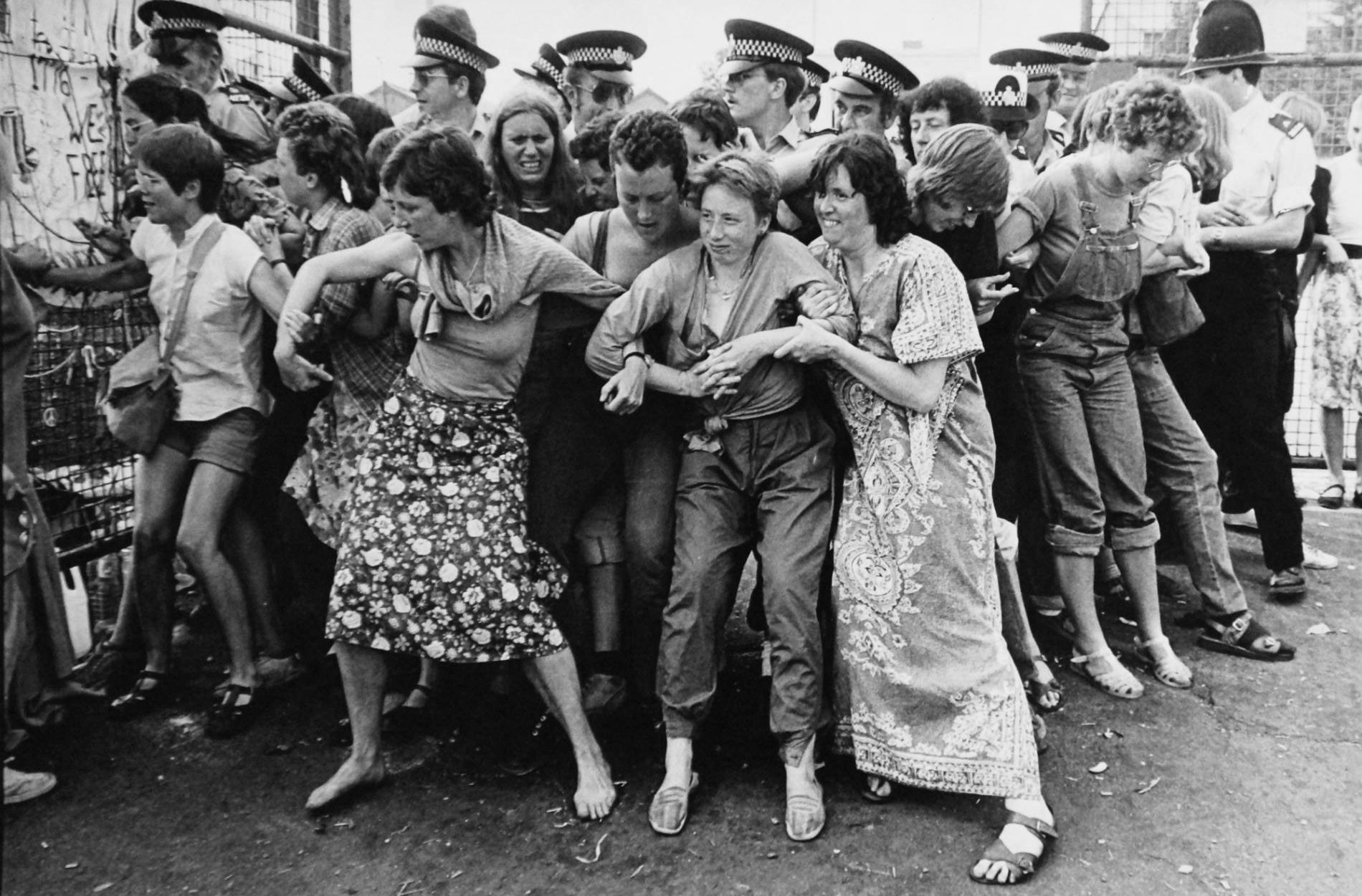On any given day, stories of protest dominate world and national news. Tahrir Square in Cairo; barricades in Kiev; a red shirt protestor shot on the streets of Bangkok; anti-fracking gatherings across the UK: protest could define the current age if it wasn’t for the fact that it could probably define every other ‘age’ too. As a means of responding to and resisting wrongs, mass protest remains extremely powerful.
Its ubiquity justifies scrutiny. What form does it take? What impact does it have? Who’s involved? How are they affected? The many questions that surround every event and movement and personal experience of protest provide the reasons for Lacuna to devote its first edition to the subject.
Our aim over the coming weeks is to introduce accounts of protests from around the world and explore their many facets. We will delve into the lives of protestors, think again about iconic times of protest and ask what protest says about us all.
In our opening main feature, Rebecca Omonira-Oyekanmi, our writer in residence, revisits the phenomenon of the Greenham Common women. Thirty years ago, the response to the siting of Cruise missiles on UK soil, was extraordinary. Thousands of women were inspired to challenge the absurd logic of the Cold War. Their resolve and persistence and imagination have served as a template for many other protest movements and continue to stimulate campaigns and campaigners today. But the simple history of the Greenham Common protest obscures deeper themes that have transcended the cause of nuclear disarmament: why did women choose to group together in such public shows of opposition; and what impact did that experience have on their lives? For many, it was a time of emotional, political rebellion, where the all-women character of the protest was vital to its purpose. Others were impelled by strong conviction to do something rather than wait on politicians to speak. Perhaps it was a time when the male domination of so-called ‘democratic politics’ allowed little alternative but to express fear and opposition through non-violent means.
The individual stories highlight the complexities that inhabit all protests and never quite disappear
Rebecca Omonira-Oyekanmi sought out some of those involved in the Greenham Common protests to find out more about their experiences and what they might tell us. Their very personal memories reveal a rich and emotional legacy. Many remain steadfast in their political positions, which did not diminish once the nuclear weapon question ceased to prick the public consciousness. For some, that cause exposed more pernicious social injustices that demanded equal persistence if not mass mobilisation in protest. The individual stories highlight the complexities that inhabit all protests and never quite disappear.
Abby Kendrick’s short film interview of Lesley McIntyre brings this vividly to life. Lesley was a professional photographer who became part of the Greenham Common protest, recording many of its iconic moments, but had to back away with the birth of her daughter, Molly, who suffered from a severe physical disability. Lesley found that injustice had suddenly become intensely personal. She had to fight at every stage for her daughter to receive mainstream schooling. The lessons learned at Greenham were vital in providing the resolve she needed in mounting a campaign for equal treatment. One protest thus transformed into another.
If the Greenham Common women continue to inspire through example, then maybe the other protests covered in this edition of Lacuna will do the same. But they may also raise questions about our immediate and long term relationship with the act of protest. Does protest indeed make us human? Might it bring out the best and worst in us? Is it legitimate only when non-violent? And what does it say about us when we choose not to protest?
However we respond, protest in all its manifestations is deeply associated with the wrongs that provoke our anger and our intent to do something about them. That is the reason for Lacuna to begin with this theme.
